Blackout Songs
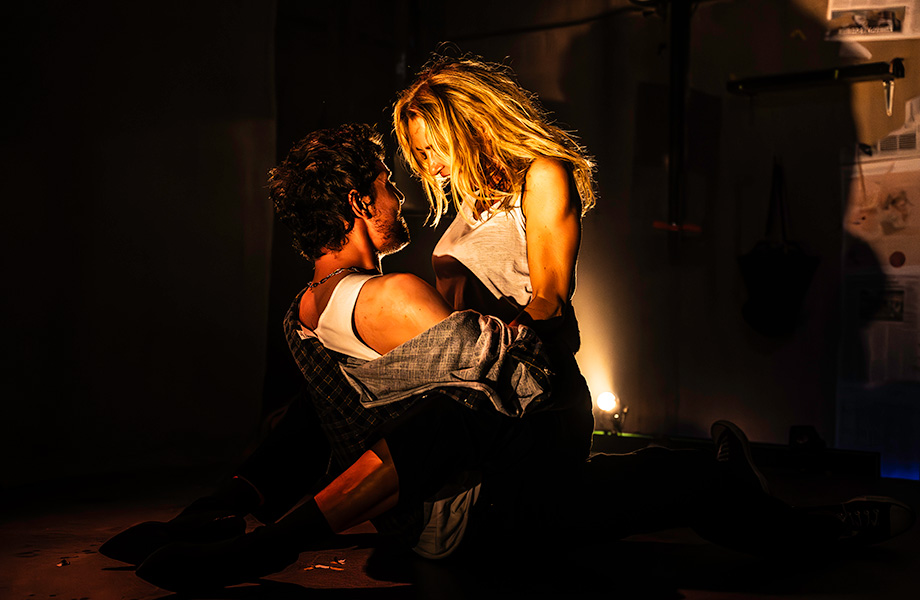
Addiction is the third wheel in many a stage relationship. Plays such as Eugene O’Neill’s Long Day’s Journey Into Night (1956), J.P. Miller’s Days of Wine and Roses (1958), and Edward Albee’s Who’s Afraid of Virginia Woolf? (1962) examine the ways in which addiction – whether to alcohol, morphine, or even love – offers a heady sense of ‘something’ where once there seemed to be nothing at all.
The image of addiction as a song that fills an empty and deadening silence, but that becomes, inevitably, a siren’s call, is implicit in English writer Joe White’s Blackout Songs, a play whose structure hazily reflects that of a song cycle, and whose focus is a couple – Her and Him – who circle in and out of addiction, in and out of love.
Continue reading for only $10 per month. Subscribe and gain full access to Australian Book Review. Already a subscriber? Sign in. If you need assistance, feel free to contact us.



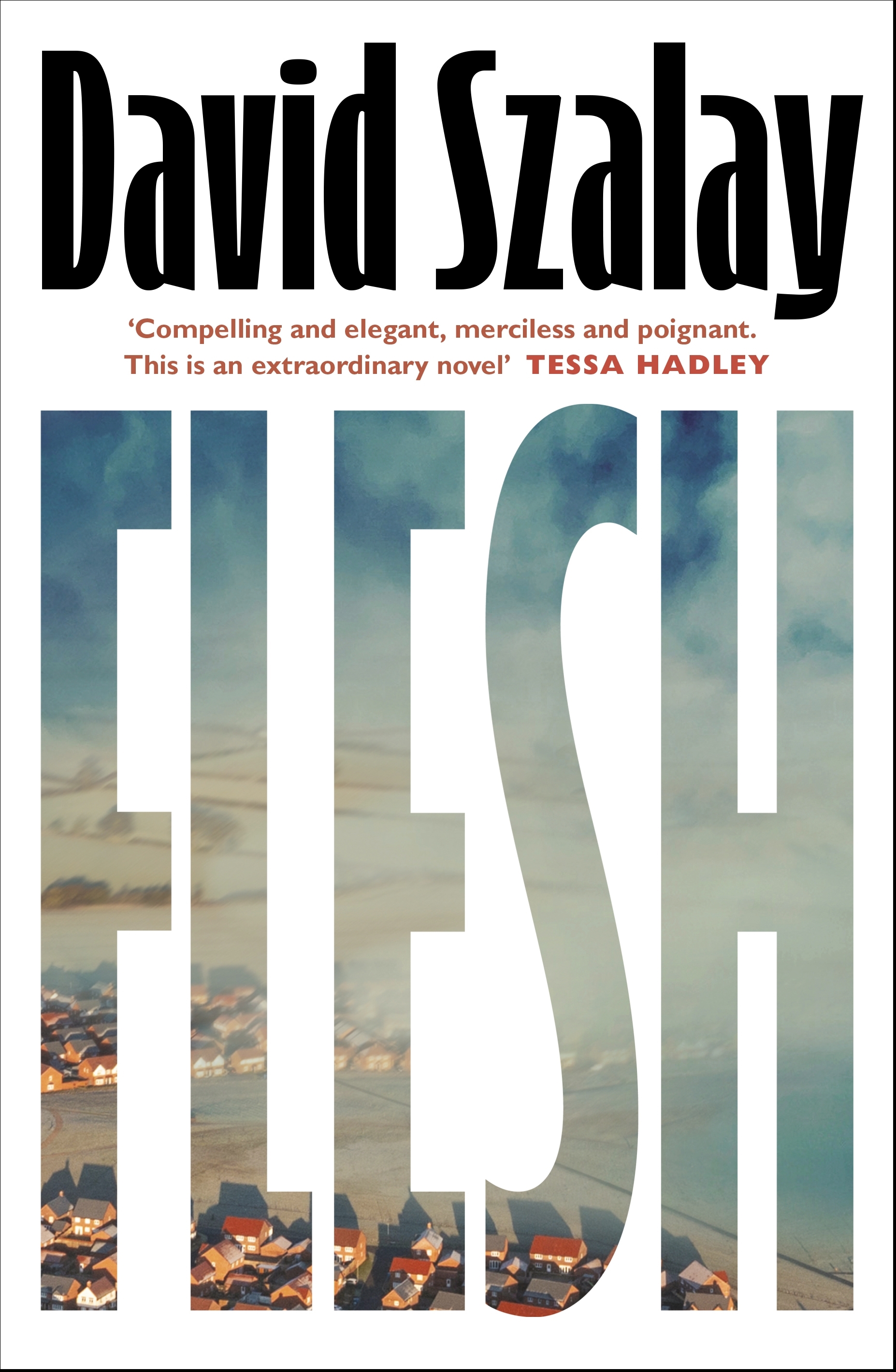

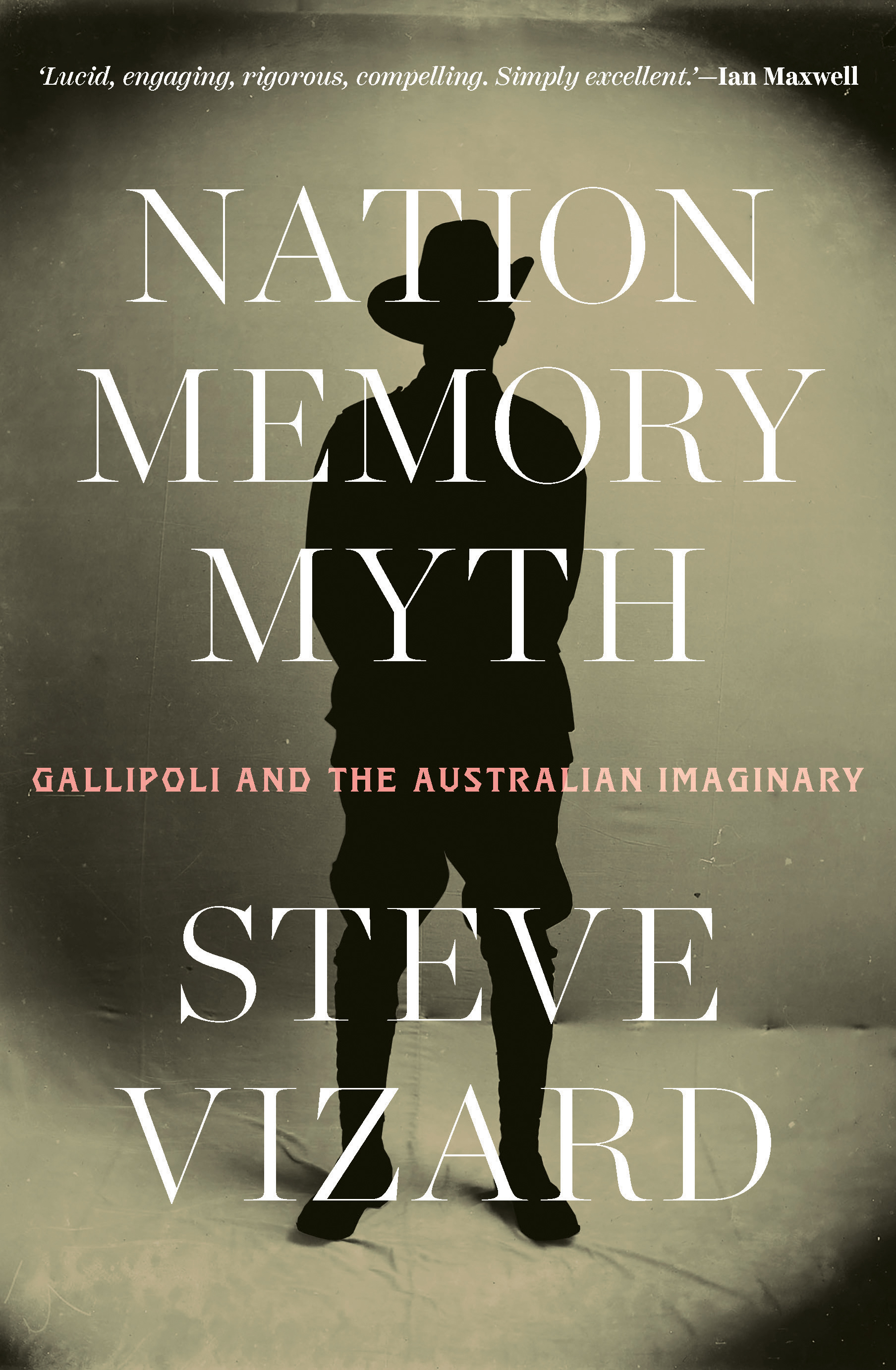



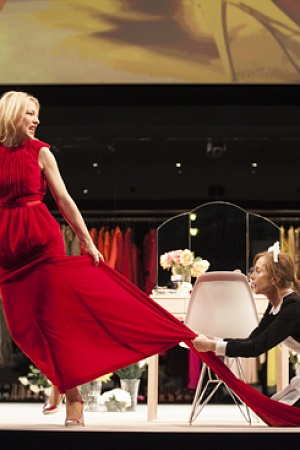
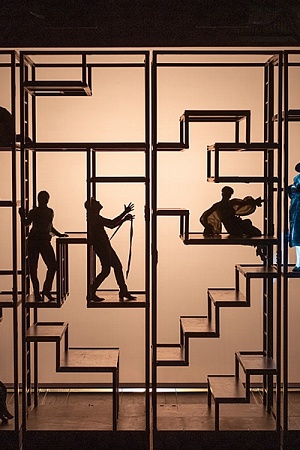
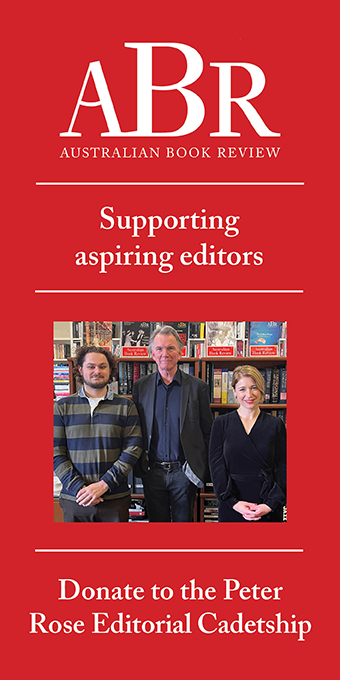

Leave a comment
If you are an ABR subscriber, you will need to sign in to post a comment.
If you have forgotten your sign in details, or if you receive an error message when trying to submit your comment, please email your comment (and the name of the article to which it relates) to ABR Comments. We will review your comment and, subject to approval, we will post it under your name.
Please note that all comments must be approved by ABR and comply with our Terms & Conditions.